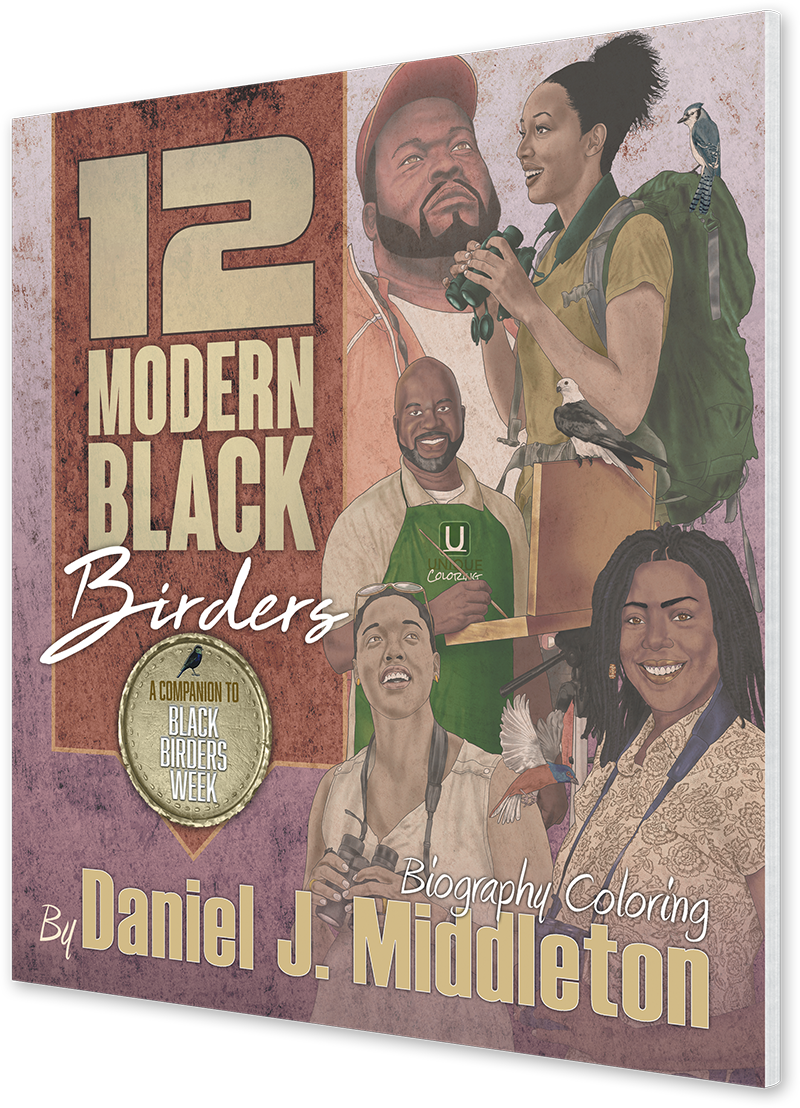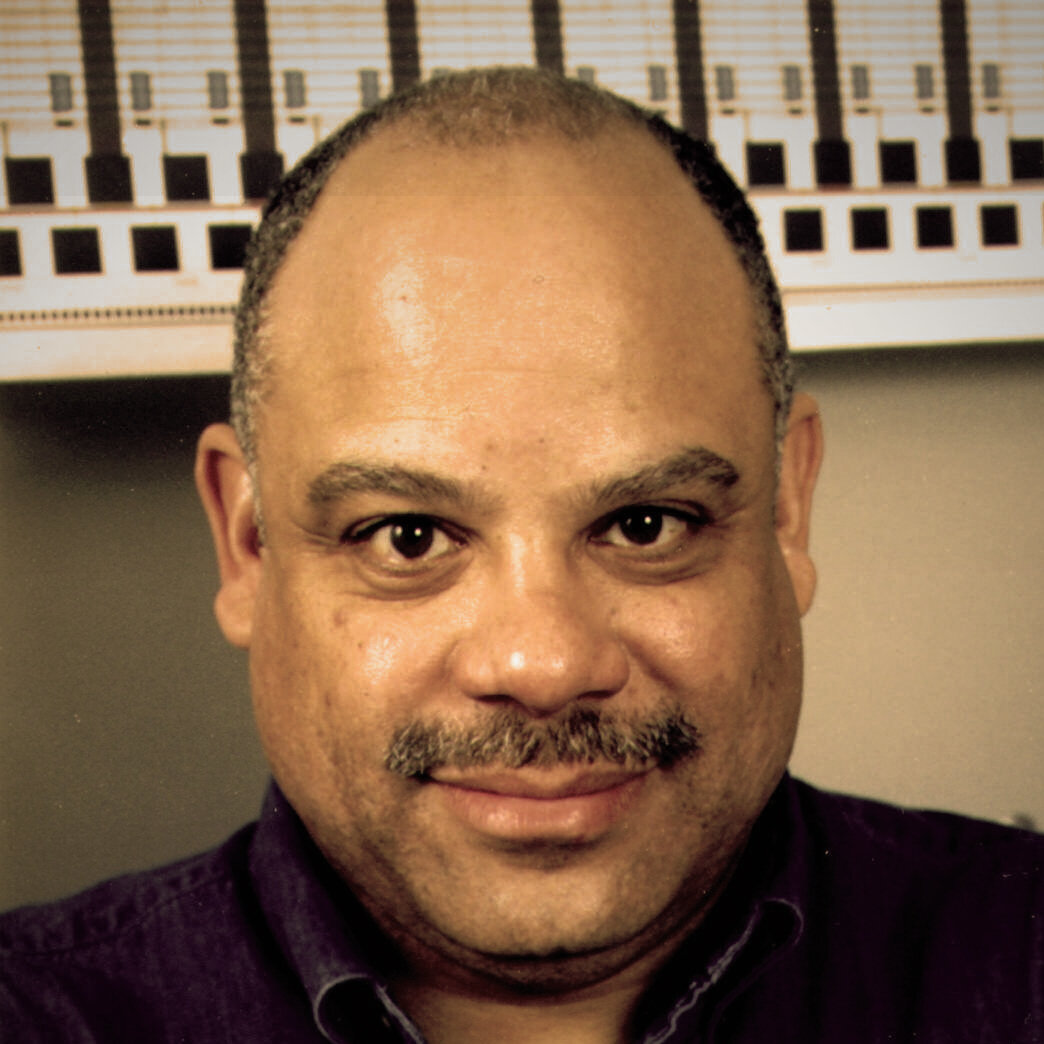Alex Troutman
The Wildlife Biologist Who Forged a Career from a Passion
Portrait of Alex Troutman in the field.
Alex Troutman is a wildlife biologist and birder who has studied endangered species such as Kemp’s ridley sea turtles, Karner blue butterflies, and, as a graduate student, various avian and insect species in tidal wetlands. He served as an endangered species observer off the coast of Nags Head and in the Gulf of Mexico aboard several dredging vessels. He also received research funding via awards from the Georgia Ornithological Society and an Early Career Fellowship from the Safina Center. Alex is also a co-organizer of Black in Marine Science Week.
Alex Troutman receiving his master’s from Georgia Southern University in 2021.
Alex Troutman was born the third of six children in Atlanta, Georgia, on September 25, 1990. His family moved to Austell, Georgia, in May 1994. His interest in nature and marine science began when he would spot great blue herons fishing nearby or across the lake during weekend fishing trips with his dad, brothers, and uncle. Red-tailed hawks soaring overhead with their tails aglow in the bright sun also drew his attention on those trips. His interest in nature was a constant distraction growing up. He admitted to taking over an hour to cut the quarter-acre yard because he was so fascinated with the animals scurrying out of the path of his lawnmower.
When he graduated from South Cobb High School, Alex attended Georgia Southern University and earned a bachelor’s degree in biology in 2014. The following year, Alex began learning science communication after spending seven months working as a park ranger for Allegheny County, Pennsylvania, through the Student Conservation Association.
Portrait of Alex Troutman and a Crested Caracara about to land on his shoulder from behind. Illustrated by Daniel J. Middleton.
His first professional exposure to the marine field came when Alex worked as an environmental educator for Zoo Atlanta and the Georgia Aquarium. For over six months, Alex taught lessons on marine life to school groups who visited the aquarium. He made a career transition in 2016, joining the U.S. Fish and Wildlife Service (USFWS) as a biological technician. He carried that experience to a similar position with the National Park Service, where he worked with nesting and stranded sea turtles at Padre Island National Seashore.
Alex has experienced racism on the job. When he worked for the Fish and Wildlife Service, a white guest who had no professional authority over him questioned him for being in the field. Despite his uniform, Alex de-escalated the situation by displaying his official ID. While his career as a black wildlife biologist has had its ups and downs, with Alex being the only black employee at many organizations, Alex sees that oversight as an opportunity to pave the way for future black scientists. Others have also recognized the importance of his role in wildlife. Alex recalled:
I was out working on the beach when a black family came up, introduced their children, and asked me to give an impromptu career speech about my job.”
Though shy and introverted as a child, Alex’s science career helped him overcome his insecurities. He went from being uncomfortable as a standout in a crowd to lecturing before an audience of hundreds. Alex plans to create a nonprofit that will open the natural resource field to people of color and citizens of low socioeconomic status.
You may also be interested in:

This article appears in 12 Modern Black Birders.
Available from Amazon.com, BN.com, and other retailers.





Danielle Belleny is a wildlife biologist who co-organized the first annual #BlackBirdersWeek to highlight the efforts of black wildlife enthusiasts and amplify black birders.